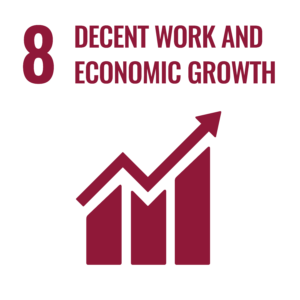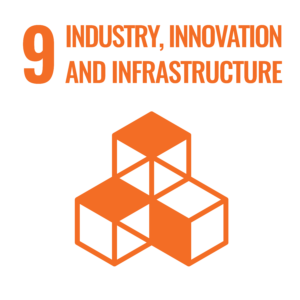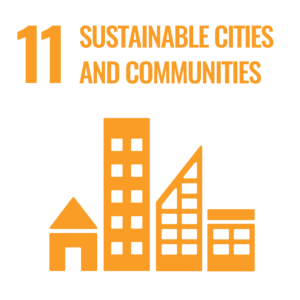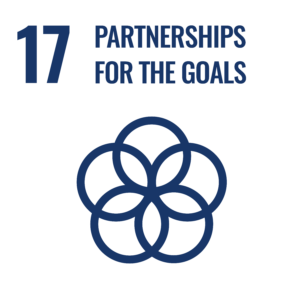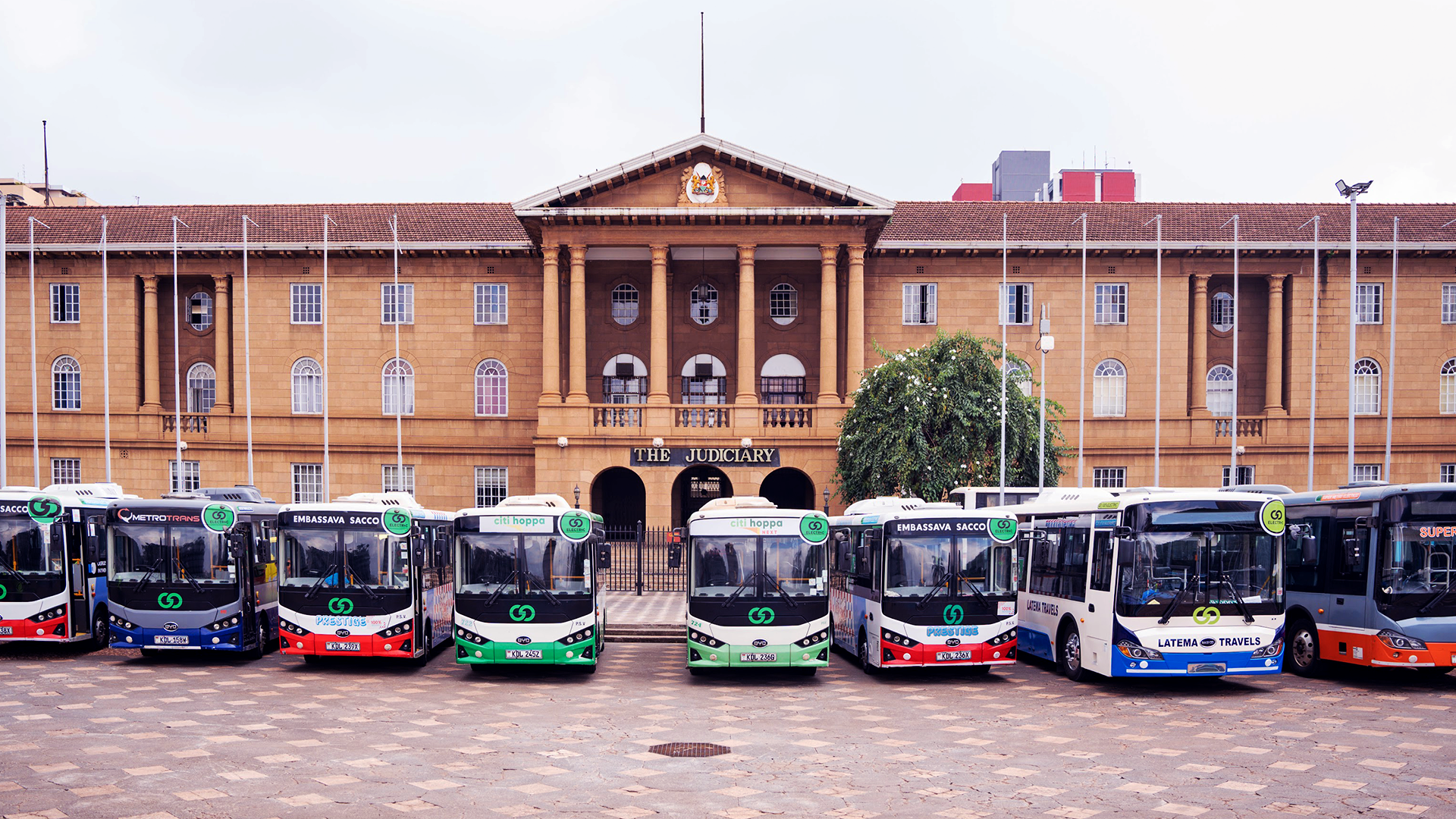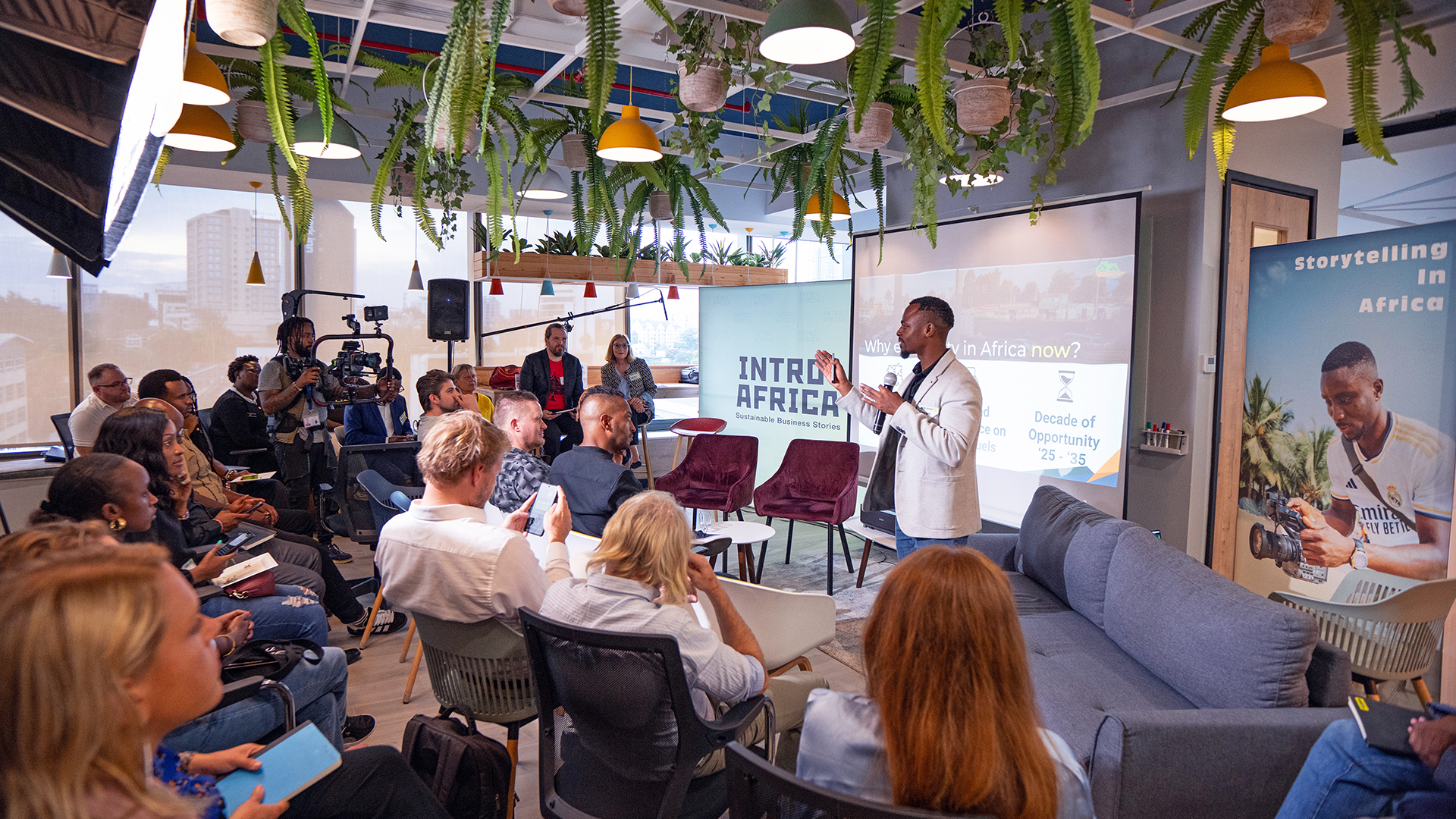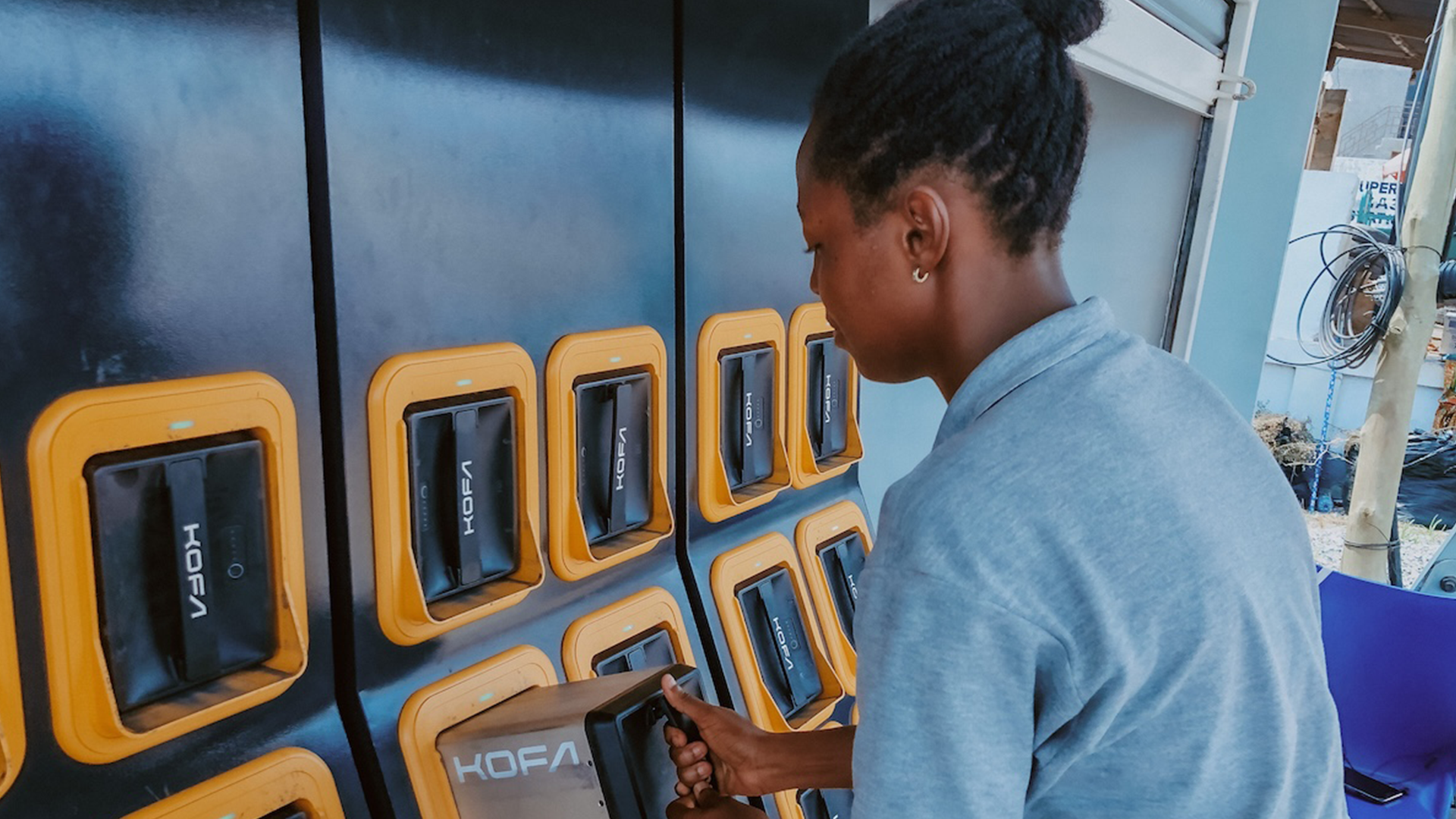How Regulation is Driving Africa’s Electric Mobility Shift
How do we de-risk the perception of risk?
IA: As the global chairman of Fairfax African Fund, you have been instrumental in facilitating large scale investments and transformative projects on the African continent. Where do you see the most opportunities for transformation in Africa going forward?
Zemedeneh Negatu: Going forward, Africa has a lot of opportunities in many sectors that will be in big demand globally. First and foremost is natural resources, in particular those needed to run EV’s, cell phones, lithium, for example. Anything needed to power our cars, our cell phones, and also obviously our energy resources. I think Africa has always been instrumental in terms of providing commodities. But in the past it was called a commodity. Now actually it’s a value. So I think the natural resources that Africa has, should be significantly valued by the global economy.
Africa, if it can move up the value chain as opposed to just exporting these items raw, if we can do what’s called beneficiation in Africa, I think a lot more of the wealth will remain in Africa.
A big area of opportunity, green energy, the move to renewable energy, would also give Africa a big boost, some African countries actually lead in that space. For example, something like 98% of Ethiopia’s energy comes from renewables. Hydro, solar, geothermal and many other places in Africa also have that opportunity.
At the Cop 29, I think they came up with like 300 billion a year for developing countries. And I think Africa being a non-polluter could also benefit from that, both from carbon trading and other things, but also really, showing the world that it is doable. I mean, many countries developed by polluting the air. And now they’re trying to go back to where Africa is today, which is renewable energy, clean burning. So I think that would be another area for investors.
Definitely infrastructure. There’s a huge gap in the need for infrastructure in Africa. So, at the moment a lot of it is filled by Chinese infrastructure investments. But I saw some movement, certainly even in the United States, to participate in that area through the US DFC (Development Finance Corporation). I think infrastructure investments were there is lack of structure. So if it’s structured right, a lot of African infrastructure, private toll roads, airport concessions, energy projects, could provide very meaningful returns to investors.
And then of course there is agriculture. I think that is an area that is ripe for the picking but you need the right partnership structure. 60% of the arable land in the world is in Africa, but it’s sitting there doing not much. And Africa is importing 40 to 50 billion USD of food every single year. So I think that it’s a no brainer for those who are in that sector, who are willing to, also including the DFI, development finance institutions, could do good, and also get good returns for their investment.
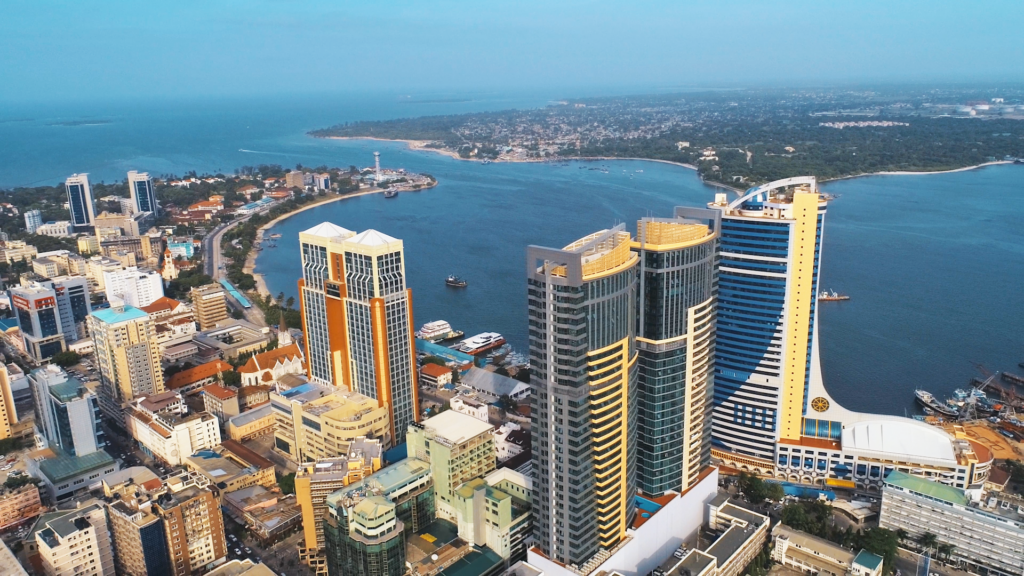
IA: What is the opportunity you see for Africa and a changing geopolitical landscape?
Zemedeneh: I see it from multiple angles, how Africa can position itself, because geopolitics is going to play a very significant role for everyone, including for Africa.
If Africa has to position itself, not with the East or West, but in the middle. I think that would be the right approach. Take what’s good that comes out of the West, led by the US, the Europeans, but also partner with those coming from the East.
Okay. So for example, in the last 25 years or so, China has taken the lead in providing financing, for infrastructure and actually building the infrastructure. A lot of the infrastructure in Africa that you see today was built by the Chinese. And I think China will continue to do that. But at the same time, let’s remember the big financial institutions, some of the largest in the world are based in the West, and particularly in the United States, and that includes the IMF and the World Bank, where the United States is the largest shareholder.
So I think maintaining good relationships with the US and the West, will help African countries who need a lot of financing, to try to leverage a good relationship. For Africa, it will be smart to position itself to partner with the United States and get the financing, and also to try to encourage more American investment into Africa. How can Africa play? The geopolitics is by being in the middle, by being in the centre, being friends with both sides and picking what is smart for them. Now, obviously that would vary from country to country, and we always have to be cautious that there are 54 African countries, not everybody with the same level of development or thinking or strategising, but in general on some of the basics. I think, as I said, the centre will be the smart place for Africa to be.

IA: Tell us about your work.
Zemedeneh: I’m the chairman of a Washington, DC based investment banking advisory firm, and a private equity fund investor, focused primarily on emerging markets. A lot of the work that we do is in Africa, with scalable opportunities.
Focus sectors are infrastructure- from technology to housing to energy. And obviously we are very keen on doing something in the agri space.
We cover everything in sub-Saharan Africa, and we currently have one partner in North Africa. We have a very exciting initiative we recently launched with a partner, a very large investment bank and asset manager out of Sao Paulo, Brazil, a 500 million USD private equity fund, focused on agriculture in Africa and essentially to help transform African agriculture. This is a private equity fund, which will have both private capital as well as DFI and government.
But we will be leveraging the fund to leverage Brazilian expertise, globally renowned Brazilian expertise in the agriculture space. Africa still imports 50 billion USD a year in food, and not much has been done from the private side. We want to be transparent and transformative.
IA: Can you share a reflection on real versus perceived risks.
Zemedeneh: In my previous firm, we used to do an Africa Attractiveness Survey, asking investors, both those who have invested in Africa and others who’ve never invested in Africa, maybe not even set foot in Africa, and who might be getting their views from the global media. What we found was dramatic.
Those that would have real substantial activities on the continent, and have a positive impression or experience about Africa. Yes. They will express, you know, certain questions, issues and challenges that they face. But overall, their response and this was not just a one year survey. It was repeatedly done over a number of years. And we see it every year in the survey if they were more comfortable. They’re okay. They’re glad to be in Africa.
We asked the same questions of those who never even set foot in Africa or had certainly never invested in Africa. All they know is from third parties, from what they review and reports, research reports or and certainly from what they hear in the media, especially the Western media, they had a diametrically opposed conclusion about Africa, which was negative.
So this is the difference between the real risk and perceived risks. Now, sometimes the two collide. But by and large, that is what we found a few years ago.
When we go around the world and I spend a lot of my time on the road around the world, and when we pitch investment ideas to institutional investors, whether it’s pension funds or, other family offices and banks for lending and know that we start from a negative trust deficit, that makes it harder to raise capital or to help convince people to part ways. And that’s reflected in the FDI figures that we see every year.
I mean, last year, I think the total FDI into Africa was about 55 billion USD. That’s less than what one large European economy receives every year. And this is for 54 countries, 55 billion USD. So I think perceived risks also play into the decision by people sitting in New York or London or even Tokyo or, or somewhere else, but with the restrained approach that they have, to investing in Africa.
And I think something needs to be done. One of the things I’ve always proposed is that Africa needs to rebrand itself. It needs to tell its stories in a curated way from an African perspective, showing there are lots of opportunities, lots of investors doing well. Yes, there are pockets of challenges here and there. But overall for people willing to take the risk and they know how to manage risks in an early stage, emerging economies, which is what virtually all of the African economies are, I think that kind of rebranding will do well and reduce the resistance you get because of perceived risk. The real risk people face there, needs toolboxes to help solve in real time, the perceived one is much harder to resolve because it’s based on feelings or some third party, or from impressions made from a distance or from media.
Africa also has to take ownership in resolving issues like the ease of doing business. Money goes where it’s easy to make money. Every country, I think, needs to take ownership of making it easier for investors to come and invest. And I think that will help reduce the perception, but also reduce the real risk and bring in even more. 55 billion USD is not nothing really considering the size of Africa, the opportunity the continent provides.
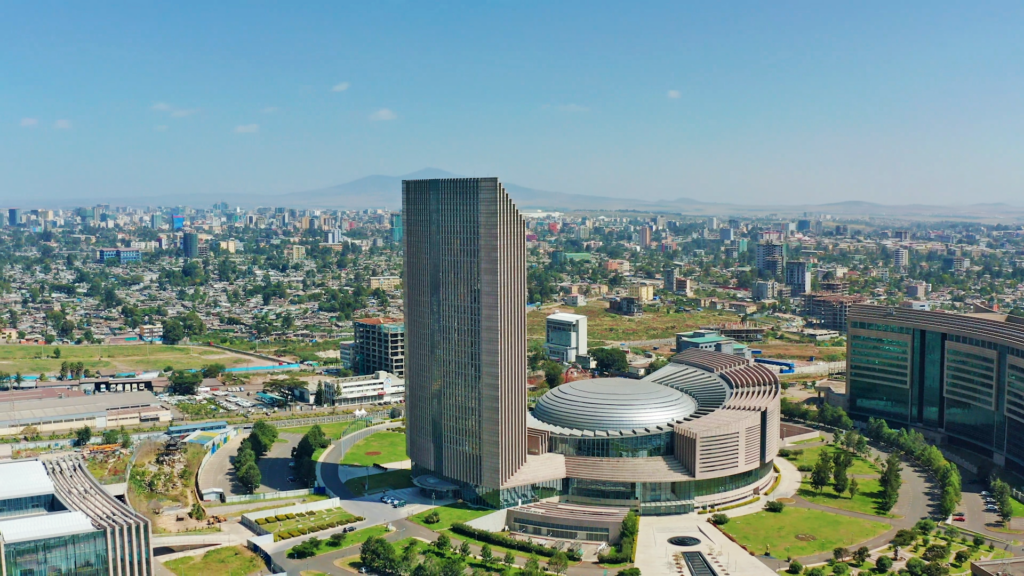
IA: How important is it to evolve the narrative coming from the continent, and why do you believe the African voice is important at this time?
Zemedeneh: Africa needs to tell its own story. There’s an unquestionable shift of economic power. And it’s position is of course, attached to that political power. So there’s a shift, a gradual shift of economic power from west to east. This is unmistakable. Okay. So if that’s the case, I mean, the rise of China is a very good example.
The rise of India now and the rise of the South, the dominance we saw of the West after the Second World War, when the US was unquestionably the leader, it helped set up the United Nations, I mean, essentially set up the Bretton Woods institutions, The World Bank, the IMF, The United Nations, and the rule based system that we have to this day, the WTO. All these were led and still influenced by the United States.
But American influence, both in absolute terms and in relative terms, is going to wane. I mean, that’s just inevitable, right? It doesn’t mean that the United States will become a poor country or its influence will disappear. No, the US will continue to be a superpower. There’s no question about it. But it’s relative importance globally, both economically and geopolitically, will reduce this. I mean, this is already evident. Okay. So if that’s the case and where is a lot of the growth going to come in the future? As I said, China has already risen and will continue to rise. The two most populous countries in the world are China and India. But beyond that, if we take Africa as one, I think Africa will play a much more significant role than it does now in the next 40, 50 years and next half a decade. One of the key drivers of that growth will be demographics.
Today we have 1.4 billion or so Africans. In the next 25 years, that number is expected to double accompanied by economic growth. You’re talking about 2.5 billion people producing, with let’s say upper middle income level. We will have GDPs that could rival, if not exceed, the European Union.
Why do I believe the African voice is important at this time, is because it’s a youthful continent with abundant resources. Managed well, as I said, could rival the economies not just of the EU but much of the world. So I think, making Africa included in decision making is important, like now to have a seat at the G20, elevating African voices. It now has three members in the BRICs, South Africa and the new ones that joined this year, which is Ethiopia and Egypt. Maybe the biggest economy in Africa, Nigeria might join. So having voices on the BRICs in the South-South dialouge, but also at the same time having a voice in Western-dominated, Western-led institutions. I think Africa needs a voice, and that’s sort of the narrative I would like to promote. It requires a lot of work. Absolutely. But is it doable? I don’t have any doubt about it.

IA: Looking into the future, what brings you optimism? And what do you believe is the power of this young growing and expanding African population?
Zemedeneh: I think without a doubt, beyond the natural resources that come out of the ground, the biggest asset Africa has is its youthful and growing population, expected to double from 1.4 to 2.5 billion in the next 25 years.
I relate to how China used to leverage 1.5 billion people to propel itself to the second largest economy in a span of 35 years. I’m seeing the same trend in India today. India is a large and the most populous country in the world, and it’s at the moment, the fastest growing large economy in the world. So if we can harness the young population, which is now much more alert, exposed to possibilities, also thanks to technology, I mean, cell phones have taken off big time in Africa.
I think there’s something like 650 to 700 million cell phones in Africa today. That gives people the power to knowledge, to learn, to be exposed to what is going on in the world. Overlay that with what I see across Africa when we meet leaders both in the political space but also in the private sector, that are just energised. So, we can do better.
You see Africa go into phases. In the 60s, it was the Liberation phase. I mean, everybody was excited just to get their independence. The leaders that came out to lead these countries were the Liberation Front, and they were very good for that era. They got their people freedom. They gave them back their dignity and gave them hope.
So those decades, late 60s, mid 60s to mid 80s or even late 80s, even until the early 90s, were slow decades for Africa, economically speaking. But you started a reawakening, I would say, in the early 90s in a few places and a few countries, but not the whole continent. The younger generation gives us hope that we can transform, help Africa reach its potential, exceed its potential, materialize its potential. And that’s why I’m very optimistic. I see a rebirth or and a re-energized political leadership in many African countries.
I think the younger generation is going to be questioning, why are we lagging behind? What is it that we’re missing? And I think that also gives me hope. The younger generation, Africa’s biggest asset is its young people. It’s transformational.
Even small countries like, for example, South Korea, in the 60s, the per capita GDP of South Korea or Singapore were lower than the per capita GDP of many African countries, but they leveraged the talent of the people. I think South Korea has like 50 million people. Singapore, I mean, obviously has a very small population. But the biggest asset it has is its people. It is invested in it’s people. And look where they are now, some of the richest countries on Earth. And I think it is doable in Africa. I’m very hopeful. And I think the young people, they’re energised, talented, hopeful, educated and will transform the continent.
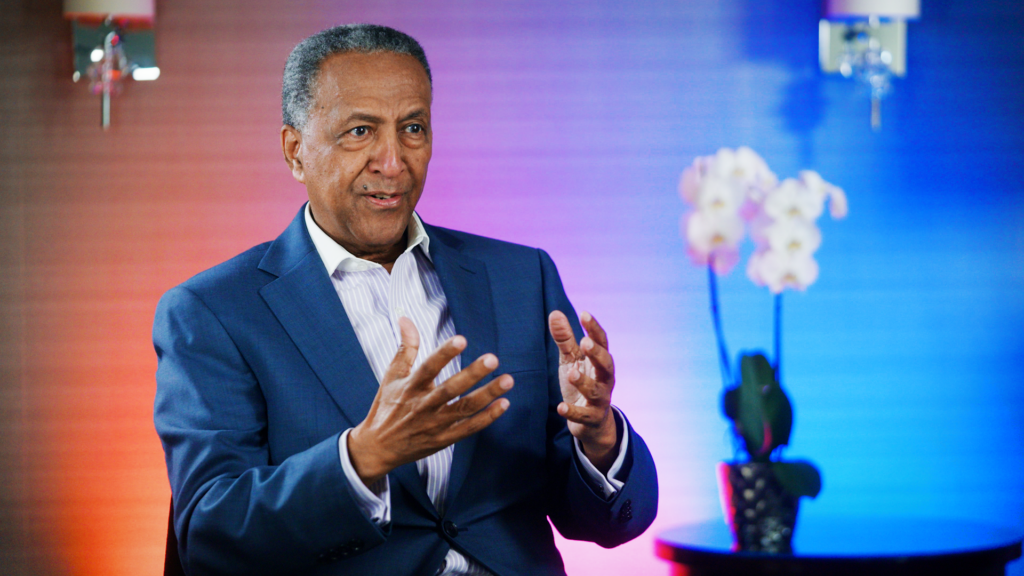
Mr. Zemedeneh Negatu is a distinguished Ethiopian-American business leader, global strategist, and investor, renowned for his significant contributions to economic development and investment across Africa. As the Global Chairman of Fairfax Africa Fund, a Washington, D.C.-based investment firm, Zemedeneh has been instrumental in facilitating large-scale investments and transformative projects on the continent. His visionary leadership and expertise have established him as one of Africa’s most influential business figures. Zemedeneh was born in Ethiopia but has built an impressive career that spans across multiple continents. He is currently the Global Chairman of Fairfax Africa Fund, where he oversees investment strategies that target key sectors such as infrastructure, energy, and financial services. Prior to his role at Fairfax, Zemedeneh held various executive positions that further honed his expertise in investment and economic strategy. One of his most notable contributions was his involvement in restructuring of Ethiopian Airlines. His work has earned him numerous accolades, including being named one of the “100 Most Influential Africans” by New African magazine. This recognition underscores his influence and the respect he commands within the African and global business communities.


